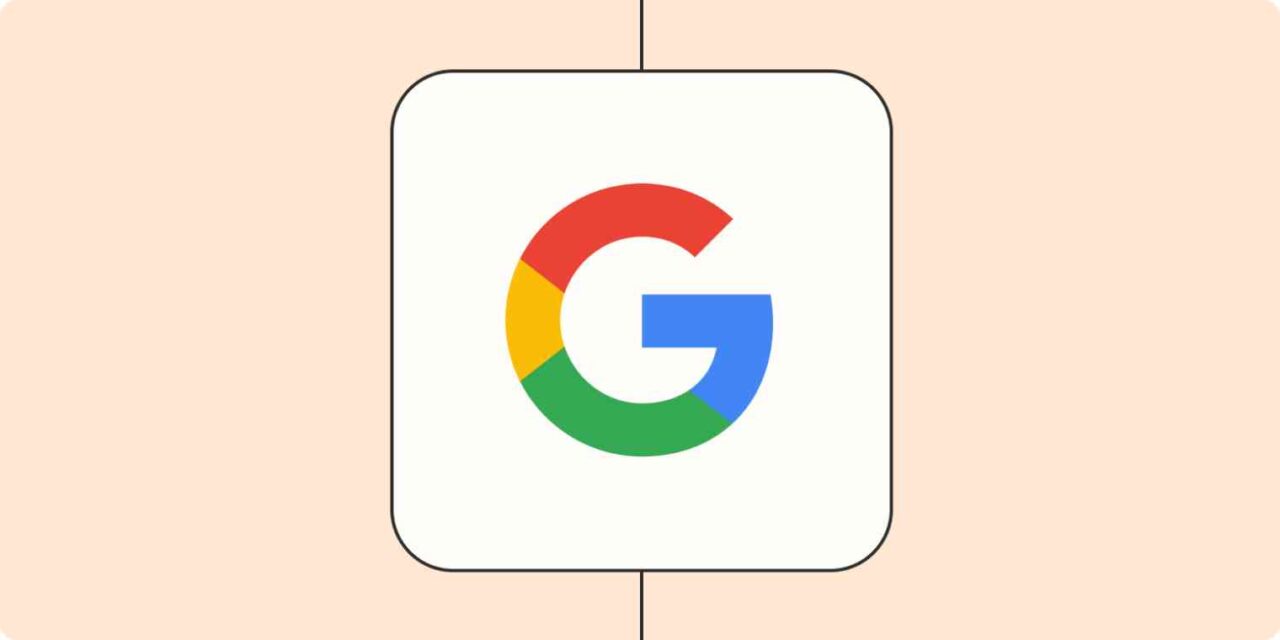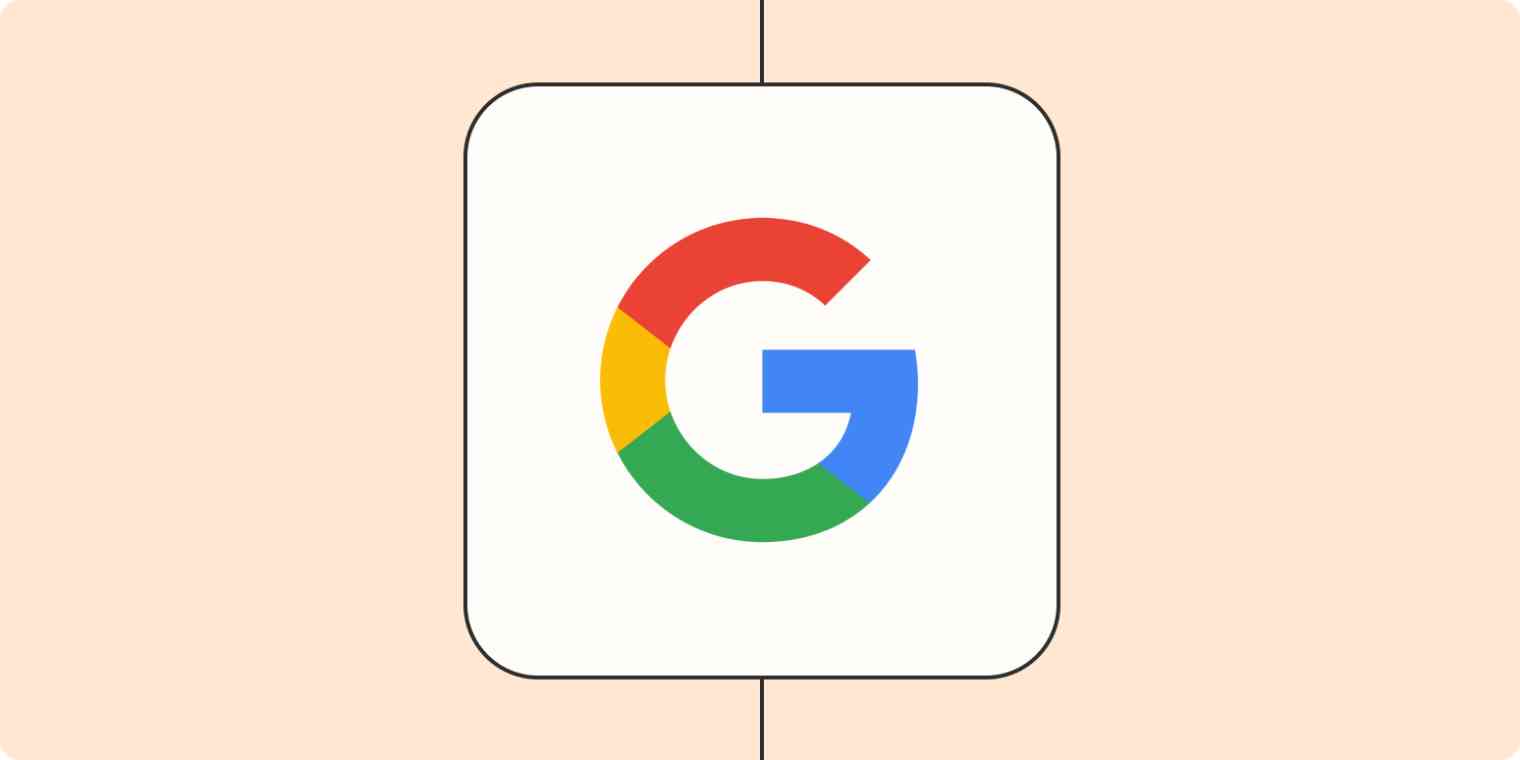Google has officially phased out one of its oldest search functionalities, the cached results feature, sparking discussions and concerns among users and SEO professionals alike. This change marks the end of an era for a tool that was not only a staple of Google’s search capabilities but also a valuable asset for retrieving previously accessible versions of web pages.
Key Highlights:
- Google’s Cached Results Feature Removed: The once-ubiquitous option to access cached versions of web pages directly from Google’s search results has been retired.
- Potential Integration with Internet Archive: Discussions hint at a possible collaboration with the Internet Archive to replace the cached link functionality, although no commitments have been made.
- SEO Community Reaction: The removal has garnered negative feedback from the SEO community, emphasizing the feature’s utility in their work.
- Alternative Access Still Possible: For a limited time, users can still access cached pages by directly using the “cache:” search operator, although this workaround is also slated for discontinuation.

The Implications of Google’s Decision
Google’s decision to retire the cached search results feature reflects the evolving nature of the internet and the company’s continuous efforts to streamline its search services. Initially designed to offer a fallback option when live websites were unavailable, the cached results feature has become less critical in an age of improved website reliability and performance. However, the feature’s utility extended beyond mere convenience, serving as a crucial tool for content recovery, SEO analysis, and historical research.
SEO and User Impact
The SEO community has expressed significant concerns over the removal of the cached results feature, noting its importance in analyzing web page updates and competitors’ strategies. The absence of this feature complicates these tasks, potentially affecting SEO workflows and strategies.
Future Prospects: Internet Archive Collaboration
Google has floated the idea of integrating links to the Internet Archive in place of the cached search results. This potential move, while not confirmed, could offer a new way for users to access historical versions of web pages. However, such an integration would require negotiations and agreements that have yet to be finalized.
echnical and User Experience Considerations
The discontinuation of cached links can be seen as part of Google’s broader efforts to streamline its search interface and improve user experience. As web technology and infrastructure have evolved, the necessity for cached links has arguably decreased, with most sites now offering stable, reliable access. However, this overlooks the nuanced ways in which different user groups relied on the feature.
Alternatives and Workarounds
With the removal of the cached search results, users and SEO professionals are left looking for alternative ways to access historical web content. Currently, the “cache:” search operator remains functional but is expected to be phased out. This shift pushes users towards other tools and platforms, such as the Internet Archive’s Wayback Machine, which captures and stores copies of web pages across time.
Conclusion
Google’s discontinuation of the cached search results feature signifies a shift in the search giant’s approach to providing access to historical web content. While the immediate impact is felt by users and SEO professionals, the proposed collaboration with the Internet Archive may offer a new pathway to accessing past versions of web pages. As the digital landscape continues to evolve, so too do the tools and features offered by leaders like Google, reflecting a balance between innovation and the practical needs of its user base.














